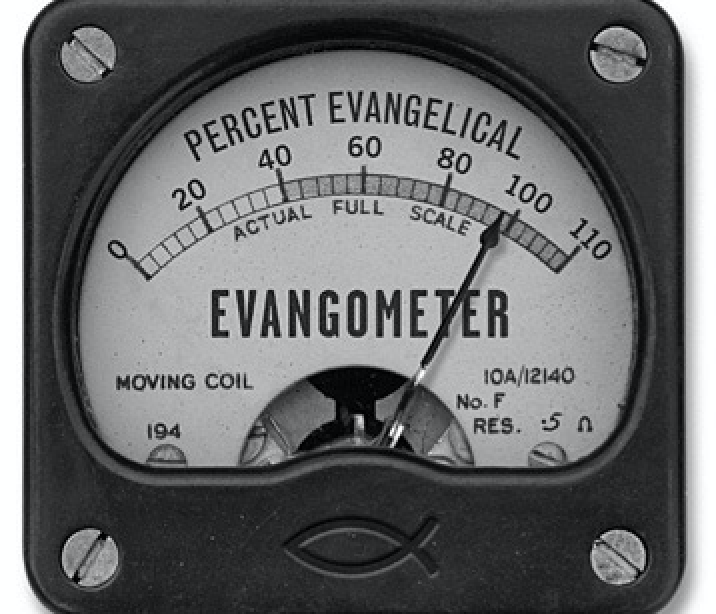After decades as America's most famous Sunday school teacher, Jimmy Carter decided to cut the symbolic ties binding him to the Southern Baptist Convention.
The former president remained active at Maranatha Baptist Church in Plains, Georgia, and didn't renounce his faith. His 2000 letter to 75,000 American Baptists explained that he rejected a revision of the SBC's Baptist Faith and Message document, months earlier, to oppose the ordination of women.
"I have been disappointed and feel excluded by the adoption of policies and an increasingly rigid SBC creed," wrote Carter, who is now 98 years old and in hospice care. He stressed that, with his wife Rosalynn, he would cooperate with "traditional Baptists who share such beliefs as separation of church and state, servanthood of pastors, priesthood of believers, a free religious press, and equality of women."
From Carter's point of view, the SBC had evolved from a convention of autonomous churches – with individuals claiming "soul competency" when choosing their own beliefs – into a denomination that defines orthodoxy on doctrines.
The issue isn't who is a Baptist and who is not. Church historians struggle to count the number of organized Baptist groups and thousands of Baptist churches are totally independent. The question is whether the SBC's DNA has changed in ways that will affect local churches, as well as agencies, boards and seminaries at the state and national levels.
The Rev. Rick Warren – an American evangelical superstar – urged the recent national convention in New Orleans not to "disfellowship" congregations that ordain women, such as the giant Saddleback Church he founded in 1980.
"For 178 years, the SBC has been a blend of at least a dozen different tribes of Baptists," said Warren, during floor debates. "If you think every Baptist thinks like you, you're mistaken.







